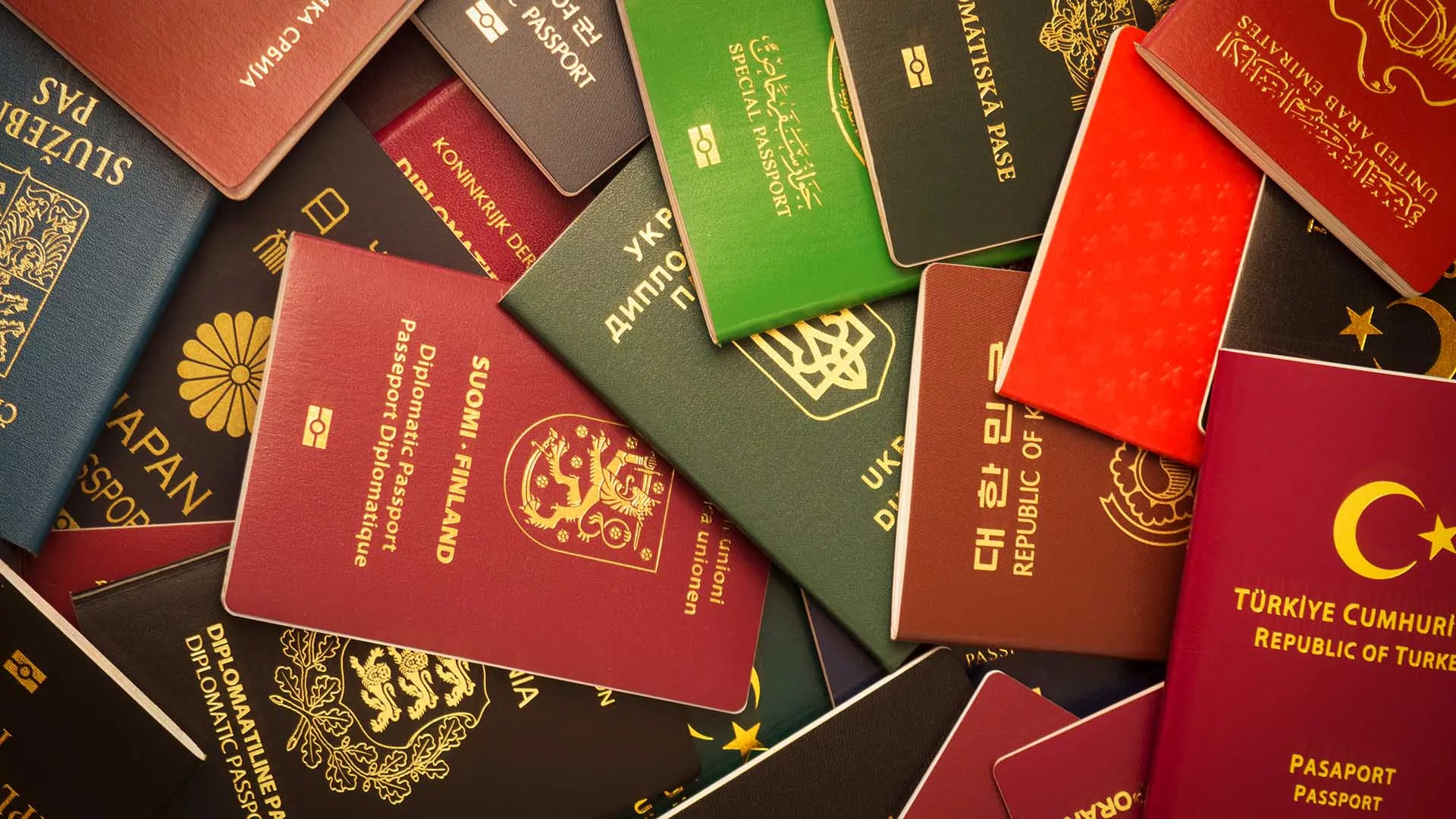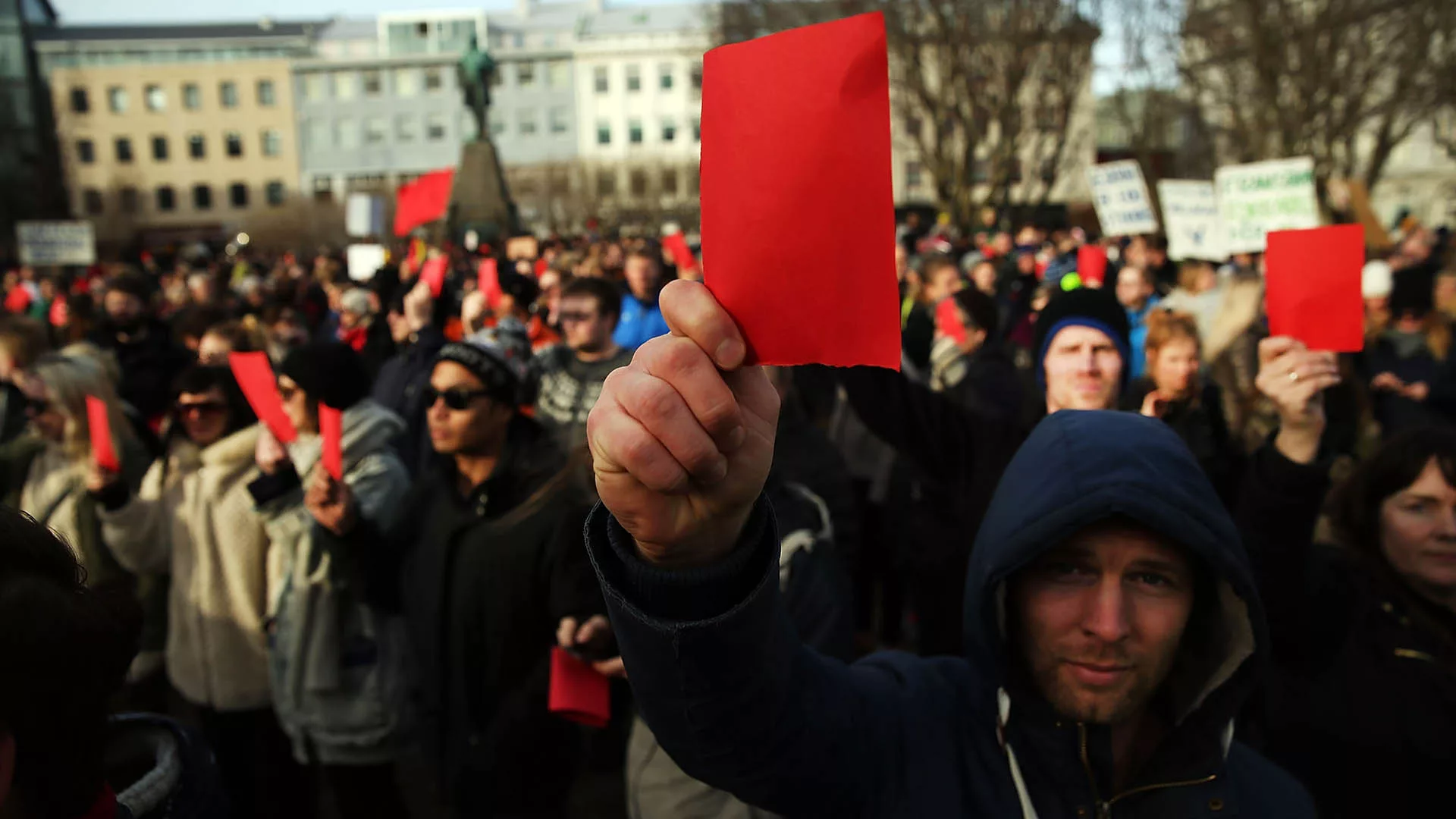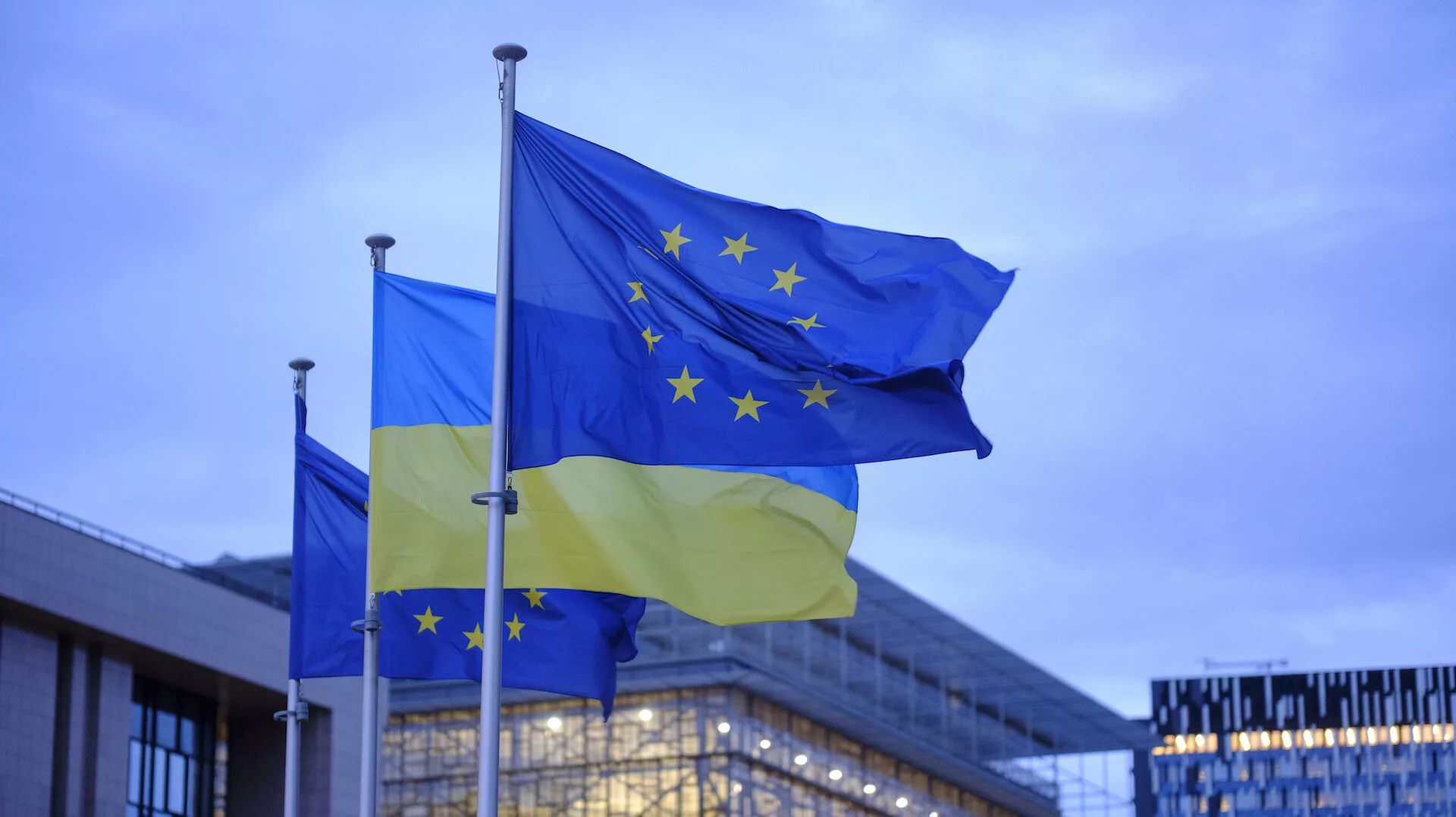

In December of 2017, the Institute for Science and International Security (ISIS or “Institute”) issued a report detailing the breadth of non-compliance with United Nations sanctions on the Democratic People’s Republic of Korea (DPRK).
In particular, it has determined that North Korea has either cooperated with or took advantage of apparent deficiencies in the regulatory regimes of 49 countries to conduct commerce despite the prohibitions imposed on the country.
In addition, ISIS has also identified where another 13 countries have apparently unintentionally been involved in sanctions violations, but not as part of an ongoing pattern of abuse.
It would be tempting to assume that the offending countries either were non-democratic, less-developed, or were countries already identified as having high levels of predicate offenses such as narcotics trafficking or corruption.
And, to be fair, those countries are well-represented in the report: the thirteen countries identified as being involved in military deals with the DPRK includes the Democratic Republic of the Congo, Cuba, Myanmar and Syria.
However, the nineteen countries identified in providing financial services, facilitating the use of front companies, and other non-military transactions includes Germany, India and Poland.
Similarly, the eighteen countries which were implicated in imports of sanctioned goods include Barbados, France, and Ireland. Lastly, the twenty countries who assisted in vessel reflagging or otherwise facilitating shipments included Greece and Japan.
Such information would imply that lack of unanimity in compliance and enforcement has adversely impacted the efficacy of the United Nations’ sanctions program. Yet, the same global conditions did not seem to have frustrated the effectiveness of international pressure on Iran or Myanmar. Why is that?
When comparing the DPRK to Iran, one thing becomes clear: the sheer size of the economies are not comparable. North Korea’s Gross Domestic Product (GDP) was estimated to be less than $30 billion USD in 2016, while Iran’s in 2015 was more than 13 times as large ($393 billion).
It is reasonable to infer, therefore, that a smaller economy can evade sanctions effectively and prop itself up with less actual commerce, and with smaller value transactions.
Myanmar, however, only had a $67 billion GDP in the same year as North Korea’s $29.3 billion. So, while size does matter, it does not tell the whole story. Myanmar’s economy significantly relied on exports of jade and precious stones, while North Korea exported labor and natural resources such as iron and coal.
There was undoubtedly a broader market for the DPRK’s commodities, as well as its need for energy resources.
This likely provided better market incentives to ignore regulatory requirements, especially when exports could be sold at a premium and imports acquired at a discount. It also explains how the sanctions on Iran were not truly effective until the United States and European Union prohibited dealing in Iranian oil.
So, if small economies or those with in-demand resources can currently avoid the full impact of sanctions, how can that be rectified? One important aspect of the report is its Peddling Peril Index (PPI) which categorizes the quality and comprehensiveness of each country’s export control regime.
Of the 49 countries noted, over half (26) had regulatory regimes deemed deficient to some extent.
While multilateral groups like the Wassenaar Arrangement, the Nuclear Suppliers Group, Missile Technology Control Regime and the Organization for the Prohibition of Chemical Weapons (OPCW), which promote standards and best practices, as well as supporting information sharing and reporting, have a significant number of large exporting countries represented, none impose the periodic review and “name and shame” enforcement that the Financial Action Task Force (FATF) does for anti-money laundering and counter-terrorist financing compliance.
Additionally, each of these groups are focused on specific subsets of the export control challenge, with no overarching organization to corral them all into a cohesive whole.
So, perhaps that is what is needed to truly give sanctions more teeth – an oversight regime similar to FATF’s focused on export control standards and enforcement.
Not only would that provide fewer dark places for sanctioned countries to ply their illicit trade, especially with the equivalent of the Mutual Evaluation process and the Deficient Jurisdictions lists, it would maximize the pressure of economic sanctions and make them effective sooner.
The creation of such a regulatory oversight structure, while trying to accomplish the same goals as the “punitive measures” called for in the Institute’s report, would create a consistent global approach to keeping true to global commitments, primarily through prevention rather than enforcement, now as well as in the future.
Eric A. Sohn, CAMS, director of business product, Dow Jones Risk & Compliance, New York, NY, USA, [email protected]
Related topics:
Sanctions: China orders North Korean firms to shut down
Banker, trader helped Iran evade sanctions – how blacklisted governments launder billions
US Sanctions: You’re on your own
You can claim CPD minutes for this content, by signing up to our CPD Wallet
![]() FREE CPD Wallet
FREE CPD Wallet
Published by: riskscreen.com




